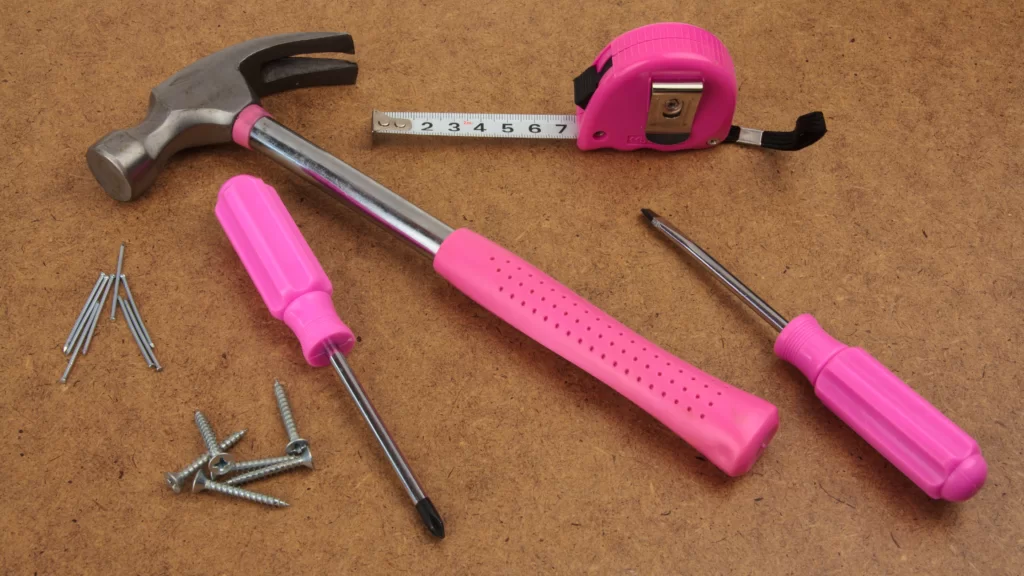You’ve had a dream. All sorts of things happened in it, and you have no idea where to begin. In today’s blog, I will share four things I use to help interpret dreams.
Notebook, Journal, Computer, Phone
The first thing I do is make a record of my dream. Back in the day, I used a notebook or journal. Of course, this is the longest and most tedious way of recording them.
From there, I typed them into a computer and kept them in a file. I type at a decent rate, making it faster than writing dreams by hand. I kept them in a folder on my desktop until the day my computer crashed. Most of them were saved, but I decided that printing and storing them in a three-ring binder worked the best. Plus, it makes it easy to read and make notes on the paper.
With technological advancements, such as talk-to-text and cloud storage, I occasionally use voice recording on both my computer and phone. These advancements have made the process so much faster. I still print them out and store them in a binder.
The Internet
That’s right. Sometimes, it’s Google to the rescue! What types of things do I Google? I’m glad you asked! It could be anything pertinent to the dream. Often, I use it to find the meanings of names. I once had a dream of a Toyota Tacoma. Because the truck model was specific, I knew it was important. The definition of Tacoma is “that frozen water,” which comes from the native language of the Pullyup tribe. It helped with the interpretation.
I also use the internet to look up scriptures and read them side by side compared to other translations. Because the wording is different, it helps with understanding. I’ve also looked up places and animals.
Bible Concordance & Dictionary
A concordance lists every word in the Bible. Each word has a corresponding number that you look up in the back of the concordance. Those words are in either Hebrew or Greek and have a definition. Language translations are not a one-to-one ratio; the concordance often gives a different or more specific meaning.
I also use a good old-fashioned dictionary – that I find on the web. Sometimes dreams will use a specific word. We assume we know what the word means, but the definition is often a little different than we think and has more than one meaning.
For example, look at the word hypocrite in a dictionary and a concordance. Most of us think of a hypocrite as someone who says one thing but does another. Did you know that the dictionary definition is a person who puts on a false appearance of virtue or religion? A synonym is Pharisee. Pharisees were Biblical religious leaders. From this definition, I would be looking into the roles of Pharisees and how they functioned in the Bible.
In Matthew 23, Jesus calls the Pharisees and Teachers of the Law hypocrites. Using the concordance, we find that the Greek word hypokrites means: “implying arrogance and hardness of heart, utterly devoid of sincerity and genuineness.” It’s a good idea to look words up!
Worksheet to Develop Your Dream Dictionary
I have a worksheet that I created. Depending on the subject matter, there are various things to look at, such as names, feelings, scriptures, questions, answers, and meanings. If you want more details, I suggest you watch the video to see how I use them. If you like the worksheets, you can visit each of my dream symbol blog pages and find a free PDF download.
I hope these things help you dive deeper and develop the meanings of your symbols. Until next time under the palm, be blessed.



